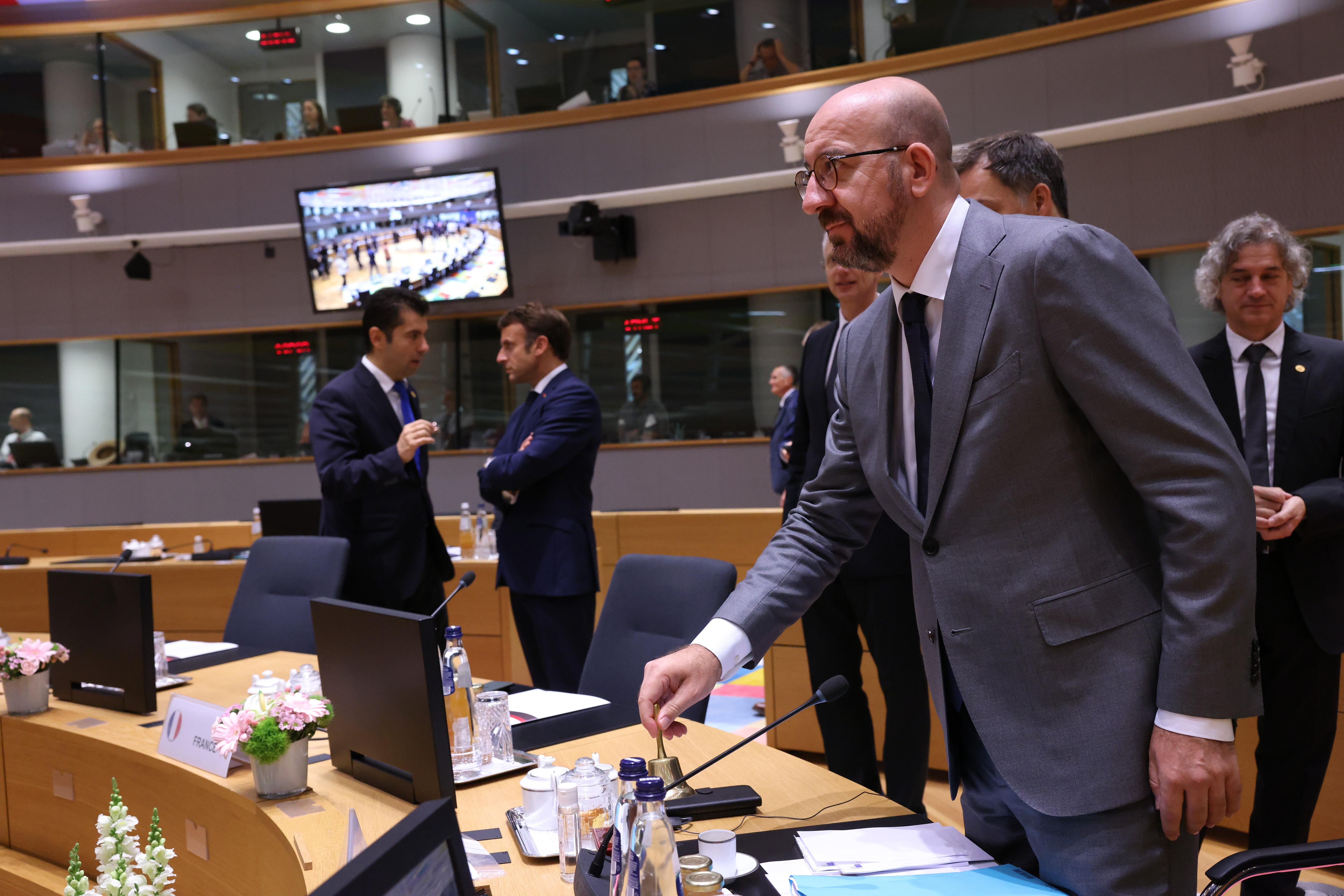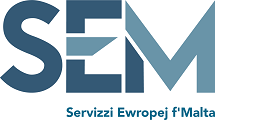European Council Meeting
EU Leaders agree to grant EU candidate status to Ukraine and Moldova

On June 23 and 24, Heads of State or Government of the EU Member States attended a meeting of the European Council in Brussels, where they adopted conclusions on the situation in Ukraine and the membership applications from Ukraine, the Republic of Moldova and Georgia. The Western Balkans, external relations and economic issues were also on the agenda. They also adopted conclusions on a wider Europe and the Conference on the Future of Europe.
On the ongoing Russian aggression against Ukraine, the European Council reiterated that it stands firmly with Ukraine and that the EU will continue to provide strong support for Ukraine’s overall economic, military, social and financial resilience, including humanitarian aid. The European Council also addressed the global food security crises and expressed its support to international coordination to ensure food security.
On the membership applications from Ukraine, the Republic of Moldova and Georgia, the European Council recognised the European perspective of these countries and agreed to grant candidate status to Ukraine and Moldova. EU Leaders stated that they are ready to grant candidate status to Georgia once the priorities identified by the Commission have been addressed. President of the European Council Charles Michel described the Council’s conclusions as a “Historic agreement, historic decision”.
Having said this, the European Council signalled that EU membership for Ukraine and Moldova is still a long way ahead, as it was remarked that each country’s progress will depend on its own merits in meeting the Copenhagen criteria, and also on the EU’s capacity to accept new members.
On the Western Balkans, following a meeting of the EU Leaders with Western Balkan leaders in the morning of June 23, the European Council expressed its full and unequivocal commitment to the EU membership perspective of the Western Balkans and calls for the acceleration of the accession process. The European Council also discussed external relations with Turkey and Belarus and expressed its respective concerns.
EU leaders also held a strategic discussion on ‘Wider Europe’, concerning the EU's relations with its partners in Europe. In this context, EU leaders also discussed a proposal to launch a European political community with the aim of offering a platform for political coordination to countries in Europe with which the EU has close relations.
On the Conference on the Future of Europe, the Council took note of the proposals outlined in the final report which was presented to the three co-Presidents during the closing ceremony on May 9, 2022. The European Council took note of the work already undertaken and recalled the importance of ensuring that citizens are informed on the follow-up to the report.
On June 24, the European Council proceeded to discuss economic issues. EU leaders endorsed the country-specific recommendations for the 2022 European Semester and welcomed the enlargement of the Euro area as Croatia sets to adopt the Euro on January 1, 2023. The Council also discussed energy prices and reiterated its invitation to the Commission to explore with international partners ways in which to curb rising energy prices, including the feasibility of introducing temporary price caps where appropriate.
On the same day, EU leader met for a Euro Summit in inclusive format. They discussed the current economic situation, the further strengthening of the Banking Union and the Capital Markets Union.
The conclusions of the meeting adopted by the European Council on June 23 and 24 can be found here.
The European Commission’s Communication on the outcome of the Conference on the Future of Europe can be found here.
The main results of the Euro Summit held on June 24 can be found here.


